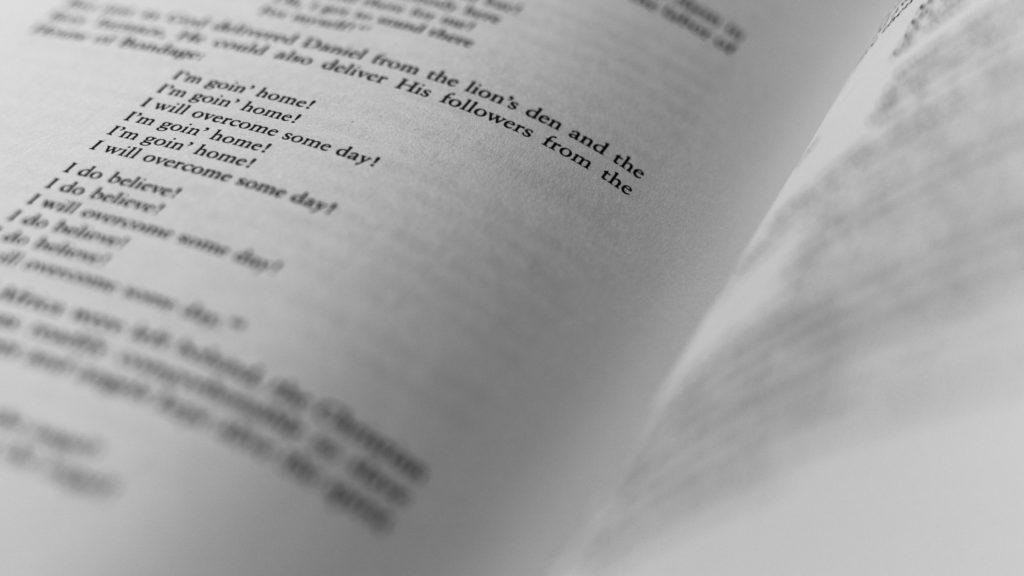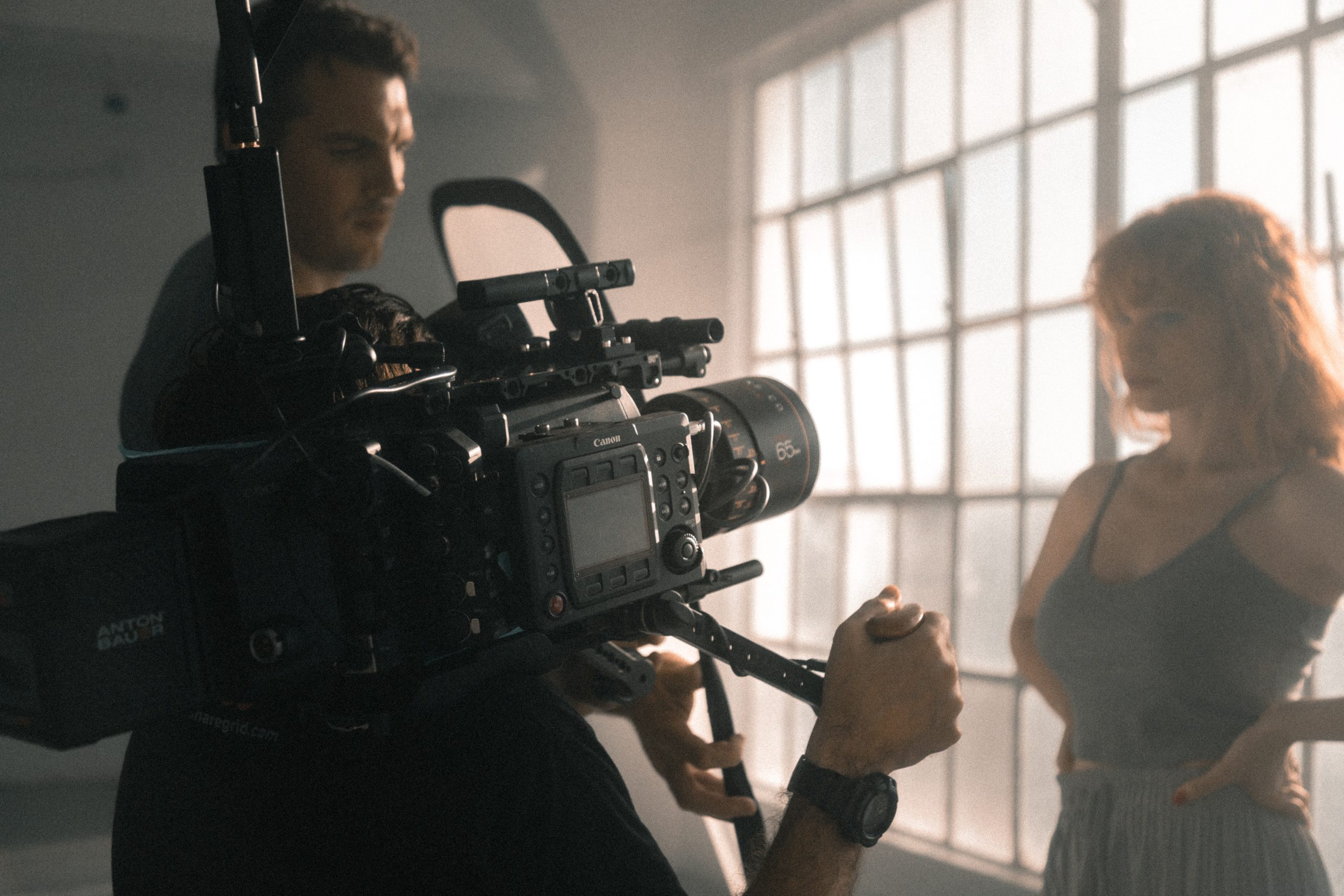4 Mins Read
Non-profit Good Energy has created a resource for the entertainment industry to assist with better representation of the climate crisis across movies and TV shows. The Playbook for Screenwriting in the Age of Climate Change has been dubbed a go-to guide for including pertinent details in new productions. It is said to benefit writers, actors and industry executives alike.
The Good Energy Playbook includes numerous resources stemming from scientific and psychological fields, alongside proposed climate solutions. It is hoped that the guidelines will put the climate crisis and its effects in the minds of more people than ever.

The truth is stranger than fiction
“There’s nothing more dramatic and important than the climate crisis. Yet, we hardly ever see it on screen,” Anna Jane Joyner, founder and director of Good Energy said in a statement. By offering a practical and low-effort way to include the narrative of the climate crisis in popular entertainment, the Playbook aims to make it an everyday issue for the entire world.
Already inspired by the effects of global warming and the science behind emissions and their effects, Adam McKay set the tone for the Playbook with his Oscar-nominated film Don’t Look Up. A potent mix of satire, desperation to act and pure fiction, the film has paved the way for more dialogue to spring from simply watching films and television.
“Climate change is terrifying and sad and absurd. And it’s okay to have all these complicated feelings. That’s where my drive came from to make Don’t Look Up,” Adam McKay said in a statement. “We’ve seen how the film has created more conversation and protests to demand that governments look up. Nonetheless, that is just one movie and we have so much more to do.”

The IPCC report, but made accessible
The IPCC report offers deep insight into the climate crisis. It notes the major contributors, cites credible science and offers potential alleviators. However, as a resource it is regarded as a little overwhelming for the average consumer. Summaries of key points are useful to get the message across, particularly when emboldened by dramatic statistics that demonstrate the desperate situation the planet is in.
In recent months, the latest report has made it clear that a shift towards plant-based diets would help to alleviate major emissions from the meat and dairy industries. The importance of alternative protein is underlined, just as revelations that not all climate damage can be repaired are. Despite continued emphasis being placed on the need for immediate action, with the U.N. secretary-general, Antonio Guterres waging a blistering attack on sluggish world leaders, widespread environmentalism has not been adopted.
The Good Energy Playbook has positioned itself s a credible resource for use by the entertainment industry to spread the words and suggested actions of the IPCC, and other climate reports, direct to consumers. Imparted as popular culture, they offer the opportunity to reach more people.

Creating the ultimate media climate change resource
Good Energy worked with more than 100 writers, creatives and producers on Hollywood, Bloomberg Philanthropies, 1 Earth Fund and many other organisations partnered with the non-profit to bring the guidelines into being, complete with celebrity quotes from the likes of Mark Ruffalo (the Hulk), Rosario Dawson, and Zazie Beetz.
Before designing the Playbook, Good Energy looked to benchmark existing resources and identify how much climate change was already represented in the media. It partnered with USC’s media Impact Lab to commission the first-ever analysis of the frequency of climate change stories in film and TV, during the last five years. An audience survey to ascertain interest levels in such stories was also conducted.
37,453 scripts were analysed. All were created between 2016-2020. Just 2.8 percent (1,046) featured climate crisis keywords or phrases. Broken down further, the scripts that did feature pertinent phrases used them less than 1,800 times.
“2.8% is a staggeringly low number for climate to be mentioned in today’s film and TV. Our goal should be to bridge the gap between the world we live in and the modern world we see on TV,” Katherine Oliver of Bloomberg Philanthropies told Deadline. “We are proud to support Good Energy as they work with the entertainment community to inspire with ideas on how to weave in more climate stories for the screen….and we recognize the undeniable power of storytelling to drive climate action.”
Climate change in the media so far
Up until Don’t Look Now, documentaries remained a solid source of climate change information. Less ‘entertaining’ potentially and more niche in terms of the audience that watches them, they still offer accessible information while Hollywood catches up.
Voice of the Glaciers was released in 2021, as an independent film. It looked at the glacial erosion in Svalbard and directly mentions climate change, stating that the generations here now might be the last that can do anything about it.
Lead photo by Jakob Owens at Unsplash.




